A toddler has gone missing on a council estate in London. Tom, a tabloid journalist, gets the whiff of a story that she may have been killed by another child, Lucy Green, the daughter of a young Irishwoman, Carmel. But Carmel is sunk in the misery of her first and only love affair in Waterford, which left her pregnant. She has never bonded with her daughter, seeing her as ‘a tiny, rabid, black-haired demon from hell’ and has remained obsessed by her erotic passion for her ex. Tom is equally obsessed by his need to get the big story that will make his name – even if it may not be true.
Megan Nolan, one of the new wave of strikingly talented young Irish writers, has spun Ordinary Human Failings around suffering, responsibility and lies. Carmel’s unplanned pregnancy has forced the Green family to leave Waterford for London. Tom is a familiar archetype, bright enough to understand that what he does is deplorable, even as he slaves to try and please his editor.
Back in the 1990s, when this novel is mostly set, journalists believed that everyone who was not another journalist or royalty or a celebrity were ‘peasants’. Charming and smarmy, Tom is soon making things so hot for the naive Green family that within hours they are holed up in a hotel in Mornington Crescent, paid for by the tabloid and awaiting their doom.
Nolan is witheringly funny about the moral squalor of this world. Nobody is interested in the dead child or in her popular parents – only in the family of ‘bad apples’ and foreigners. Tom’s editor sees the story as ‘a major state-of-the-nation-type piece’, the irony being that Carmel’s situation is just that – only the nation it typifies is not just Britain but Ireland, with its anti-contraception laws and Magdalen Laundries.
Nolan is best when she focuses on her two main protagonists and weaker when she switches to Carmel’s alcoholic half-brother Richie. The Green family exist, it seems, only to suffer, realising that ‘the things you did, or failed to do, could not be erased by anything, not even love’. It’s a harsh philosophy, but it’s also one that Ireland’s literary talent draws energy from, especially in this fine, fierce, absorbing novel.
Got something to add? Join the discussion and comment below.
Get 10 issues for just $10
Subscribe to The Spectator Australia today for the next 10 magazine issues, plus full online access, for just $10.
You might disagree with half of it, but you’ll enjoy reading all of it. Try your first month for free, then just $2 a week for the remainder of your first year.


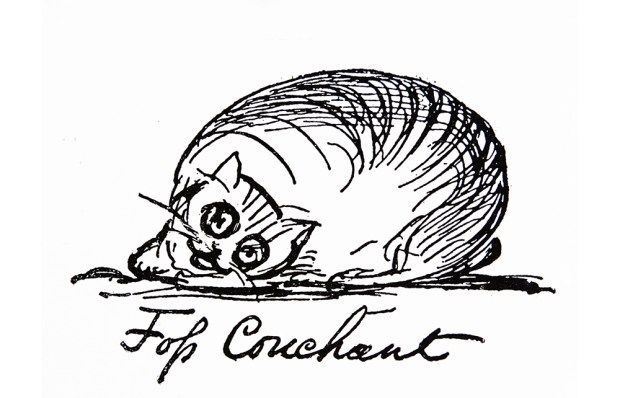
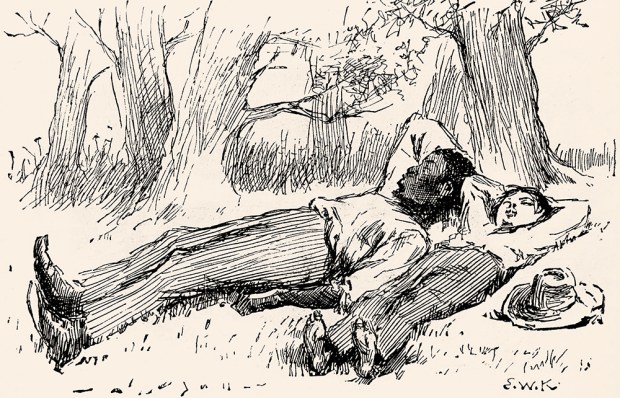
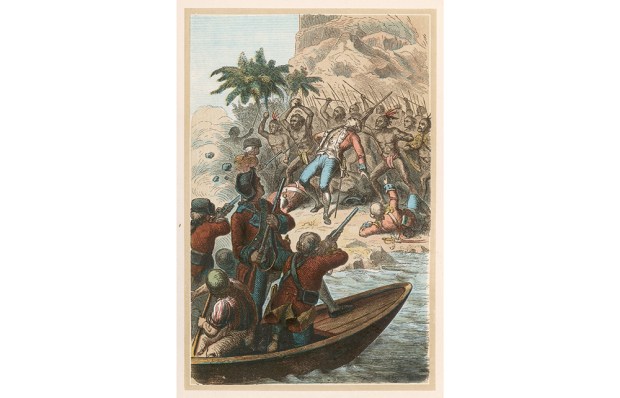

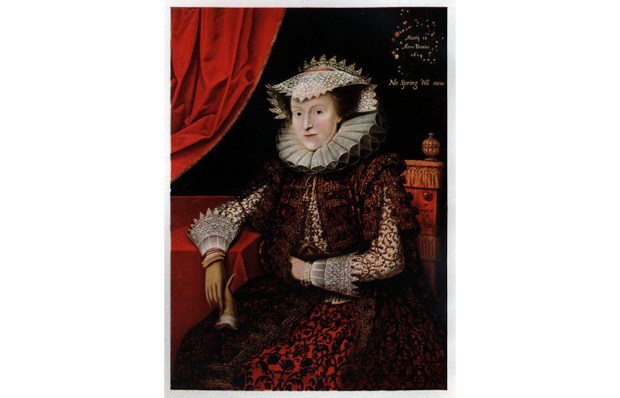
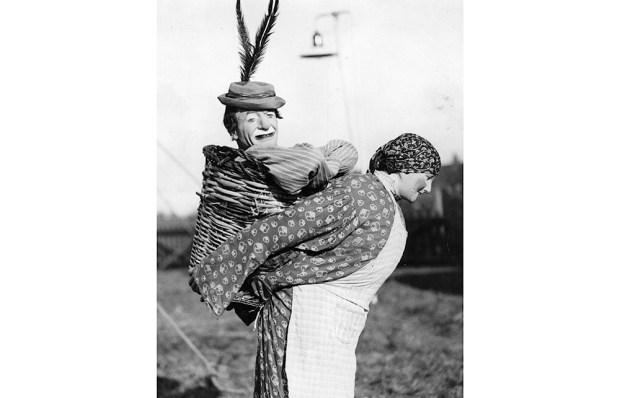






Comments
Don't miss out
Join the conversation with other Spectator Australia readers. Subscribe to leave a comment.
SUBSCRIBEAlready a subscriber? Log in